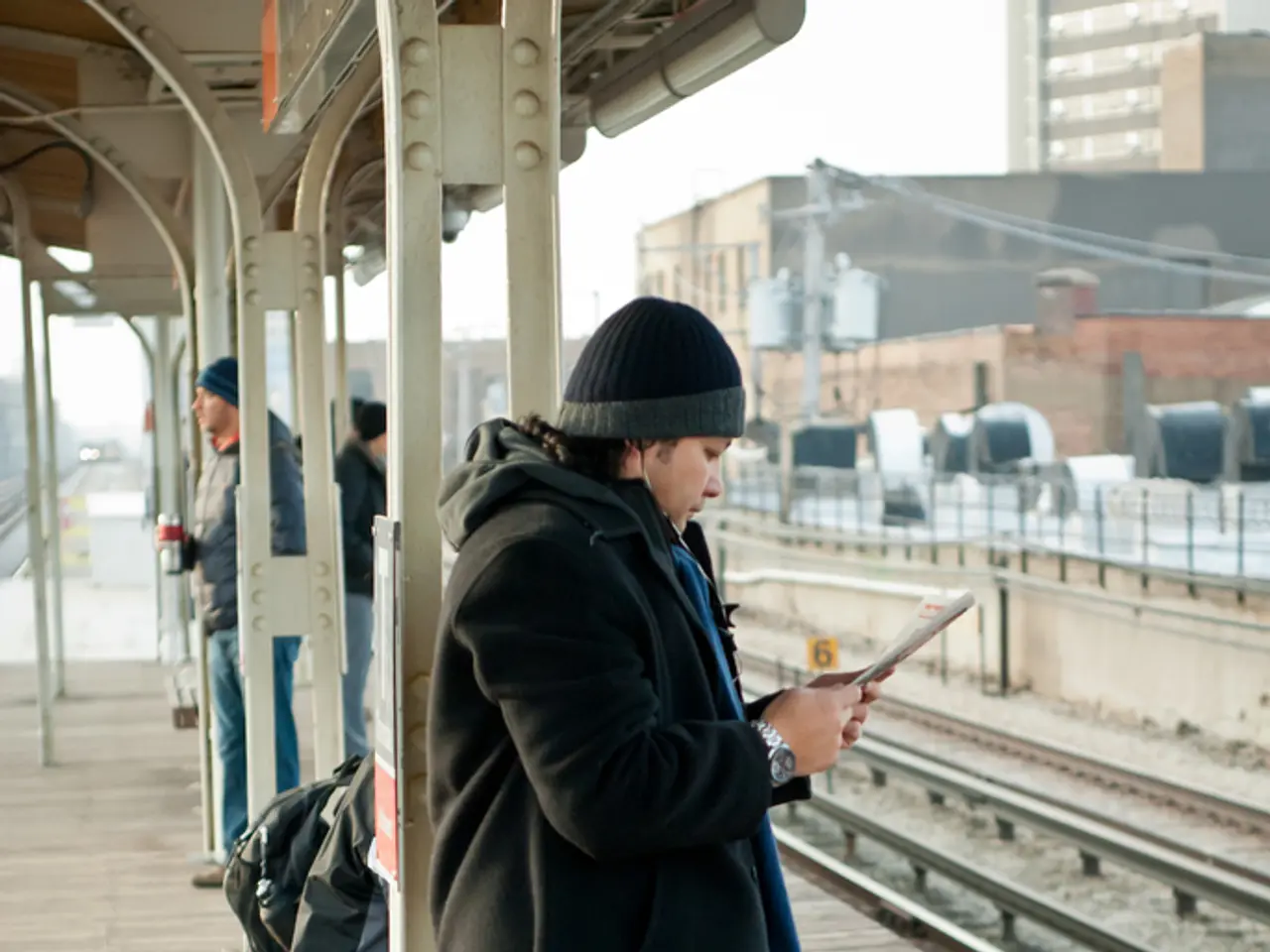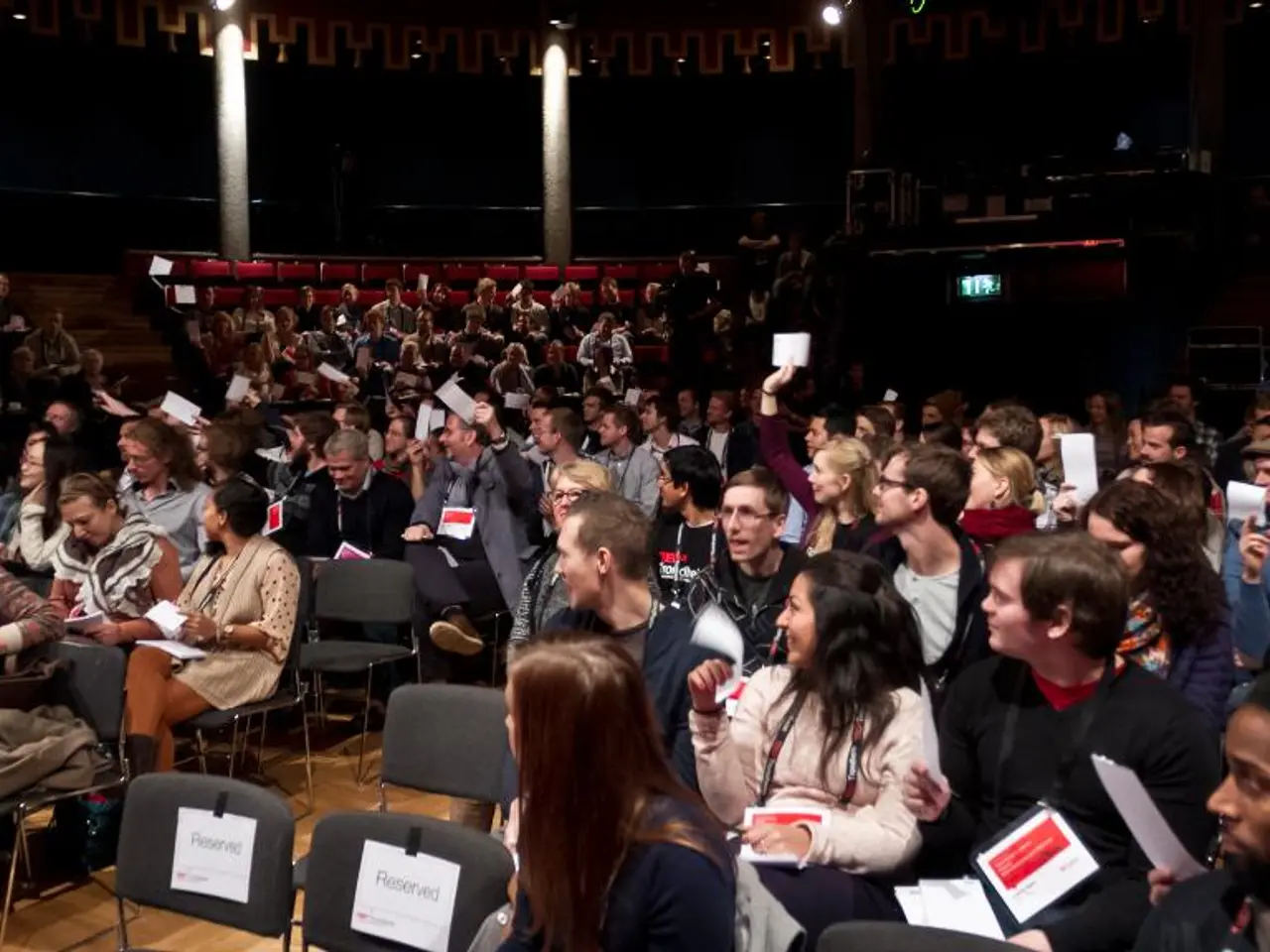A Rocky Road to Compromise: Strikes and Their Impact on Public Transport in Schwerin
Will the airfares increase in Schwerin following the tariff standardization?
The protracted negotiations between Schwerin's local transport's management and the trade union Verdi have reached a compromise, albeit with a price. Thomas Schlüter, the CEO of Schwerin's local transport, was present at the table when the agreement was signed last Friday. Both parties were resolute in presenting a result and willing to engage in exhaustive negotiations.
Bridging the Gap: The New Collective Agreement
The deal struck: As of January, wages will receive a 2.5 percent increase and a minimum rise of €120. come January 2026 and 2027, benefits will again boost by 2.5 percent and at least €120 each time. This collective agreement will run for a period of 30 months. The Municipal Employers' Association disclosed that the wage hike for the driver group alone this year amounts to 3.9 percent. Over the entire term, it's projected to reach nearly 12 percent.
Verdi North hails this as a "compromise worth seeing," and it wouldn't have materialized without the strikes. This agreement will be put to a vote among the members, as they hold the final say. Initially, the trade union had demanded an increment in wages by €430 per month and an annual bonus of €500.
The Financial Burden of Strikes
Although the agreement still surpasses the latest arbitrator's decision for the public service, according to Schlüter, it's a necessary measure to prevent indefinite strikes. The path to this compromise was not easy: Ten warning strike days cost Schwerin's local transport not only financially (an estimated €150,000 to €200,000 per year in additional personnel costs) but also reputationally due to the complete shutdown of bus and rail traffic. These disruptions took a toll on the company's reputation, causing inconvenience to passengers and tarnishing its image.
The Future of Public Transport Secured?
From Verdi North's perspective, this agreement is a "suitable collective bargaining response to the increased cost of living and the growing shortage of skilled workers in public transport." Fair pay and reliable working conditions are considered the foundation for public transport to remain "attractive and efficient" in the future.
Workforce shortages, financial losses, and reduced public trust are just a few of the consequences public transport companies face during strikes. Balancing labor relations with operational and strategic goals becomes a necessity to maintain service quality and company viability.
with dpa
Some Insights:
- Strikes can have significant financial consequences for public transport companies, including lost ticket revenue, compensation claims, and increased operational costs.
- Prolonged or frequent strikes can harm a company's reputation by causing inconvenience to passengers, reducing public trust, and potentially leading to lost ridership.
- The complexity introduced by strikes complicates future planning by creating uncertainty around workforce stability and operational continuity. Management might need to allocate resources to address employee grievances, prevent future strikes, and maintain strategic plans.
- Despite the financial and reputational impacts, the recent policy-and-legislation decision on the collective agreement between Schwerin's local transport and Verdi was seen as a necessary measure to avoid indefinite strikes, demonstrating the importance of politics in resolving labor disputes.
- As public transport faces workforce shortages and financial losses due to strikes, the politics surrounding policy-and-legislation become crucial in ensuring general-news like this compromise leads to fair pay, reliable working conditions, and maintaining the attractiveness and efficiency of public transport services.






